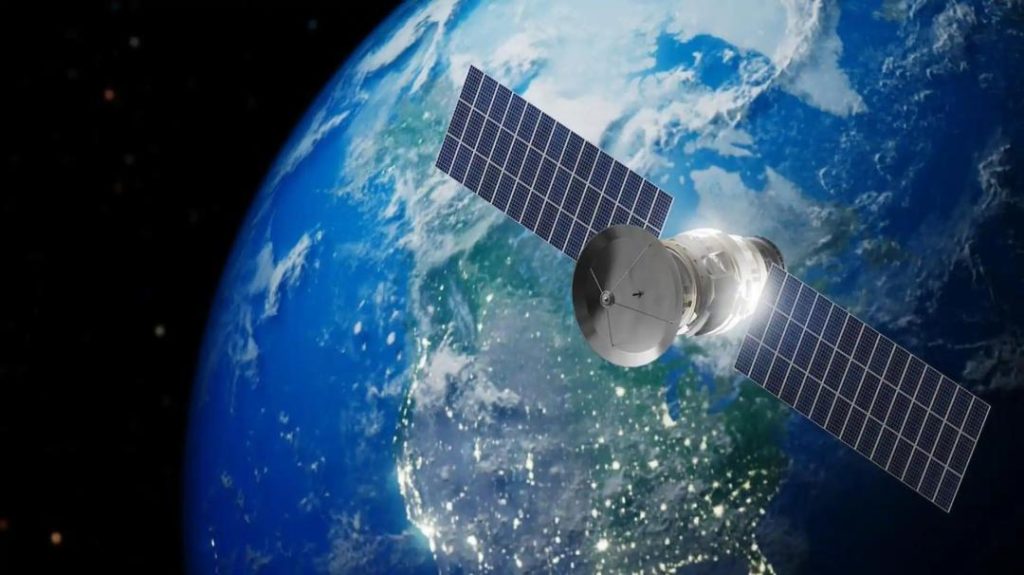
What are Space Pirates & How Can Satellites be Secured from Them?
As technology advances and space exploration becomes more accessible, the threat of space piracy is becoming a growing concern. Space pirates are individuals or groups who attempt to attack man-made satellites, either virtually or physically, using various methods. This menace is not limited to physical attacks; cyber attacks on satellite systems are also becoming increasingly common. In order to protect satellites from these threats, countries and companies owning satellites must build multi-layered security systems that incorporate ground-to-space operations.
The concept of space piracy may seem like something out of a science fiction movie, but it is a very real threat. According to experts, the lack of a clear legal framework and the difficulty of monitoring space make it an attractive arena for criminals. With the increasing reliance on satellites for global communication, navigation, and other essential services, the consequences of a successful attack could be catastrophic.
Methods of Space Piracy
Space pirates use a variety of methods to attack satellites, including:
- Jamming: Interfering with satellite signals to disrupt communication and navigation services.
- Hacking: Gaining unauthorized access to satellite systems and data.
- Physical attacks: Destroying or damaging satellites using missiles, laser beams, or other physical means.
- Cyber attacks: Hacking into satellite systems to steal data or disrupt operations.
Consequences of Space Piracy
The consequences of space piracy can be severe and far-reaching. A successful attack on a satellite can have a significant impact on global communication, navigation, and other essential services. It can also compromise national security and disrupt critical infrastructure.
Securing Satellites from Space Pirates
To protect satellites from space pirates, countries and companies owning satellites must build multi-layered security systems that incorporate ground-to-space operations. This includes:
- Ground-based monitoring: Constantly monitoring satellite systems and data to detect any anomalies or attempts to access unauthorized data.
- Cybersecurity measures: Implementing robust cybersecurity measures to prevent hacking and unauthorized access to satellite systems.
- Physical security measures: Implementing physical security measures to prevent physical attacks on satellites, such as encryption and authentication protocols.
- Rapid response capabilities: Developing rapid response capabilities to quickly respond to physical attacks and take action to mitigate the impact.
According to experts, methods of quick space travel must be devised to ensure rapid response to physical acts of piracy. This could include the development of faster and more efficient spacecraft, as well as the creation of emergency response teams that can quickly respond to attacks.
International Cooperation
To effectively combat space piracy, international cooperation is essential. Countries and companies owning satellites must work together to share intelligence, coordinate responses, and develop common security standards.
Conclusion
Space piracy is a growing concern that requires immediate attention. By building multi-layered security systems, implementing ground-to-space operations, and developing rapid response capabilities, countries and companies owning satellites can protect their assets and ensure the continued functioning of critical services. International cooperation and the development of faster and more efficient spacecraft are also essential in the fight against space piracy.






